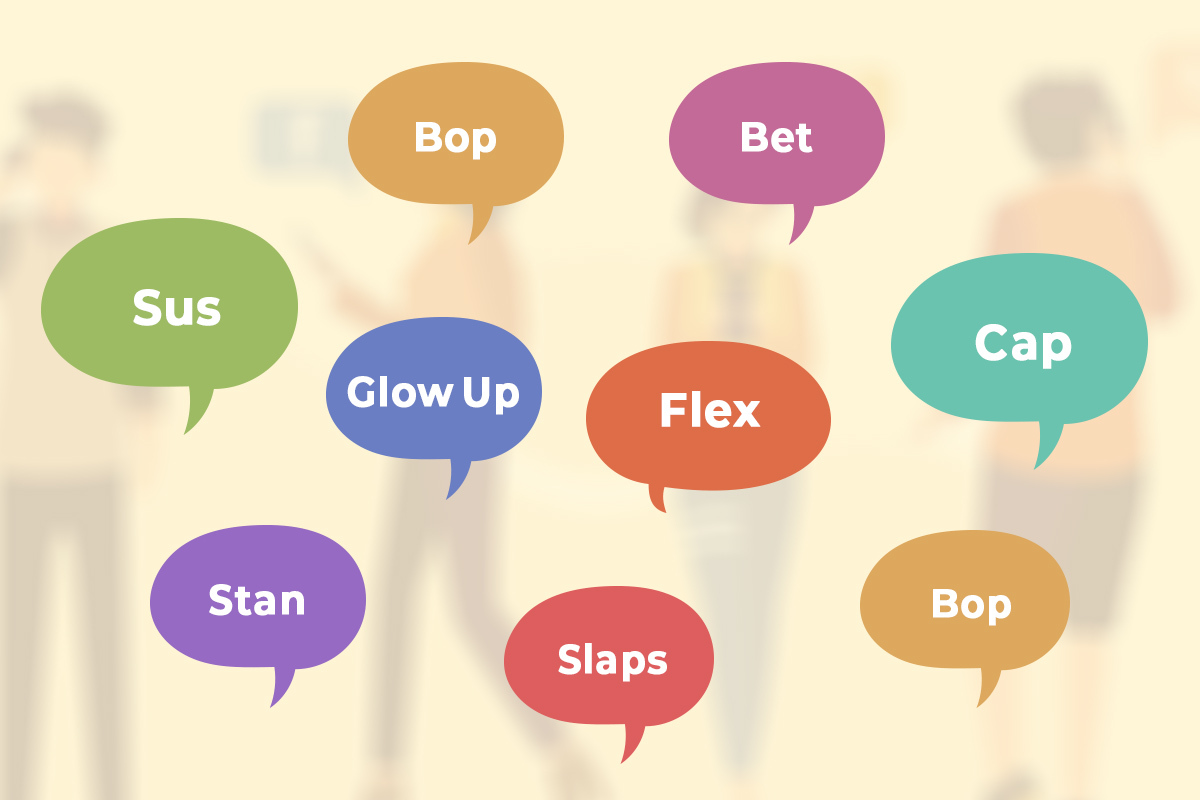Remember those awkward middle school dances, where attempting to fit in involved deciphering an entirely new language spoken by your peers? Yeah, me neither. Until last week, that is.
As a writer specializing in relatable content, I pride myself on staying current with trends. When my editor suggested incorporating “teen slang” into an upcoming article, I confidently accepted the challenge. “Slang? Piece of cake,” I thought, picturing myself dropping “lit” and “fire” like a seasoned pro. What could possibly go wrong?
Enter Operation: Teen Speak. I went headfirst into the worlds of “bussin'”, “sheesh”, and “no cap” loaded with online dictionaries and YouTube compilations. Hours later, I formed, confident I was familiar in Gen Z slang. Little did I realize that I was about to go on an adventure of funny (and possibly humiliating) self-discovery.
My first target: my niece, Maya, an actual teenager filled with sass and the latest slang. In what I considered a casual greeting, I went in, flashed a peace sign, and said, “Yo Maya, what’s poppin’?”
The silence that came was terrifying. Maya looked at me with wide eyes, somewhere between laughter and concern. “Did… did you just say ‘poppin’?” she finally asked, her voice full of disbelief.
My confidence dropped immediately. Apparently, “poppin'” no longer referred to exciting events, but instead to… well, let’s just say it involved dance routines that were inappropriate for a middle school cafeteria.
I remained embarrassed but determined. Throughout the day, I enhanced my speech with what I believed were trendy terms. I defined a fantastic lunch as “bussin’,” complimented a friend’s fashion as “fire,” and promised my boss that I’d finish the job “no cap.” Each attempt received the same puzzled looks and hidden giggling. It was as if I were speaking a different language, although one that was comically off tune.
The real funny gold, however, came from a phone call with Maya’s buddy, Sarah. Wanting to impress, I used my “coolest” slang yet. “Hey Sarah, what’s crackin’?” I chirped, imagining myself as the ideal trendy grownup.
What followed was a deadpan silence, followed by a slow, systematic pronunciation of “Sir, this is the National Library of Congress.” We do not have ‘crack’ here.”
My jaw dropped. Apparently, “crackin'” no longer related to regular conversation, but to… well, let’s just say it involved illegal substances that were obviously not on the library’s reading list.
Mortified and embarrassed, I returned to my keyboard, my goal of becoming a slang expert shattered. But as I focused on my huge failures, something unexpected happened. I began laughing. At myself, at the foolishness of it all, and at the humorous mistakes that resulted from my innocent attempt to communicate.
Rather than feeling defeated, I noticed something important. The beauty of language, particularly slang, is its ongoing growth and adaptability. What is “lit” today may be “dead” tomorrow, and forcing yourself into a language you don’t know well can result in some very hilarious situations.
So, while my “teen speak” attempts were a hilarious flop, it taught me an important lesson: accept the uncomfortable, be willing to laugh at yourself, and never underestimate the power of a good misunderstanding.
Here are some more lessons from my amusing (and rather humiliating) experience:
Respect the power of slang: It’s a constantly evolving language with nuances that outsiders might not grasp. Before using slang, especially with younger generations, do your research and understand its current meaning.
Authenticity is key: Trying too hard to sound cool or fit in can backfire spectacularly. Be yourself, embrace your voice, and let your genuine personality shine through.
Humor is always an option: When you make a mistake, don’t be afraid to laugh it off. Sometimes, the most embarrassing moments can become the funniest stories.
Never stop learning: Language is a living thing, constantly changing and evolving. Stay curious, keep an open mind, and be willing to embrace new ways of communicating.
And finally, remember, sometimes the best way to connect with others is simply to be yourself, even if it means making a few hilarious mistakes along the way. After all, laughter is the best medicine, and a good story about a slang mishap can bond you with anyone, teenagers included. However, it’s important to understand that not fully understanding slang can sometimes result in unpleasant circumstances.
